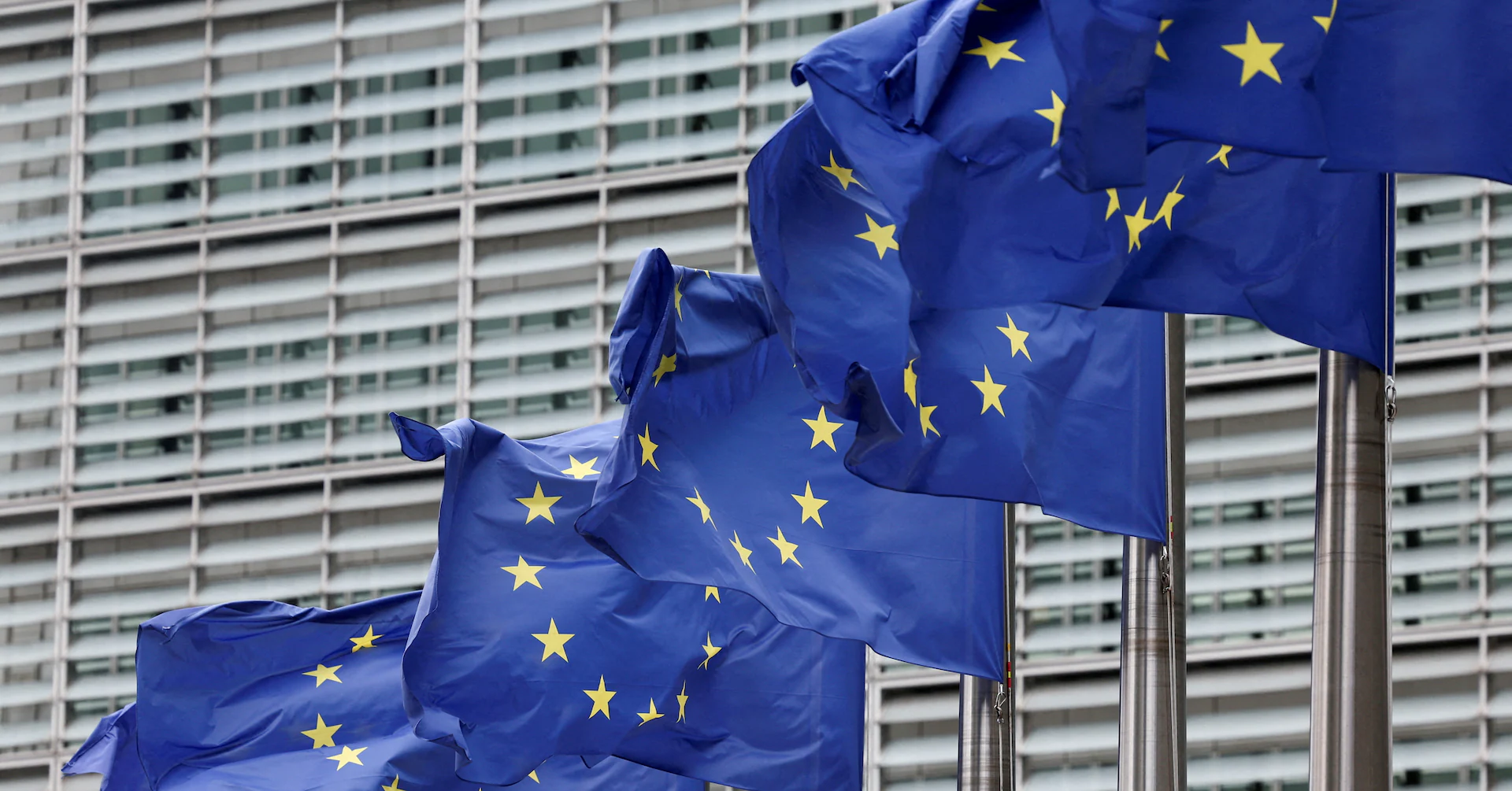Copyright Reuters

BRUSSELS, Nov 10 (Reuters) - Privacy activists say proposed changes to Europe's landmark privacy law, including making it easier for Big Tech to harvest Europeans' personal data for AI training, would flout EU case law and gut the legislation. The changes proposed by the European Commission are part of a drive to simplify a slew of laws adopted in recent years on technology, environmental and financial issues which have in turn faced pushback from companies and the U.S. government. Sign up here. EU antitrust chief Henna Virkkunen will present the Digital Omnibus, in effect proposals to cut red tape and overlapping legislation such as the General Data Protection Regulation, the Artificial Intelligence Act, the e-Privacy Directive and the Data Act, on November 19. In addition, companies may be exempted from the ban on processing special categories of personal data "in order not to disproportionately hinder the development and operation of AI and taking into account the capabilities of the controller to identify and remove special categories of personal data". "The draft Digital Omnibus proposes countless changes to many different articles of the GDPR. In combination this amounts to a death by a thousand cuts," Austrian privacy group noyb said in a statement. "This would be a massive downgrading of Europeans' privacy 10 years after the GDPR was adopted," noyb's Max Schrems said. European Digital Rights, an association of civil and human rights organisations across Europe, slammed a proposal to merge the ePrivacy Directive, known as the cookie law that resulted in the proliferation of cookie consent pop-ups, into the GDPR. "These proposals would change how the EU protects what happens inside your phone, computer and connected devices," EDRi policy advisor Itxaso Dominguez de Olazabal wrote in a LinkedIn post. "That means access to your device could rely on legitimate interest or broad exemptions like security, fraud detection or audience measurement," she said. The proposals would need to be thrashed out with EU countries and European Parliament in the coming months before they can be implemented. Reporting by Foo Yun Chee Editing by Alexandra Hudson Our Standards: The Thomson Reuters Trust Principles., opens new tab An agenda-setting and market-moving journalist, Foo Yun Chee is a 21-year veteran at Reuters. Her stories on high profile mergers have pushed up the European telecoms index, lifted companies' shares and helped investors decide on their next move. Her knowledge and experience of European antitrust laws and developments helped her break stories on Microsoft, Google, Amazon, Meta and Apple, numerous market-moving mergers and antitrust investigations. She has previously reported on Greek politics and companies, when Greece's entry into the eurozone meant it punched above its weight on the international stage, as well as on Dutch corporate giants and the quirks of Dutch society and culture that never fail to charm readers.



